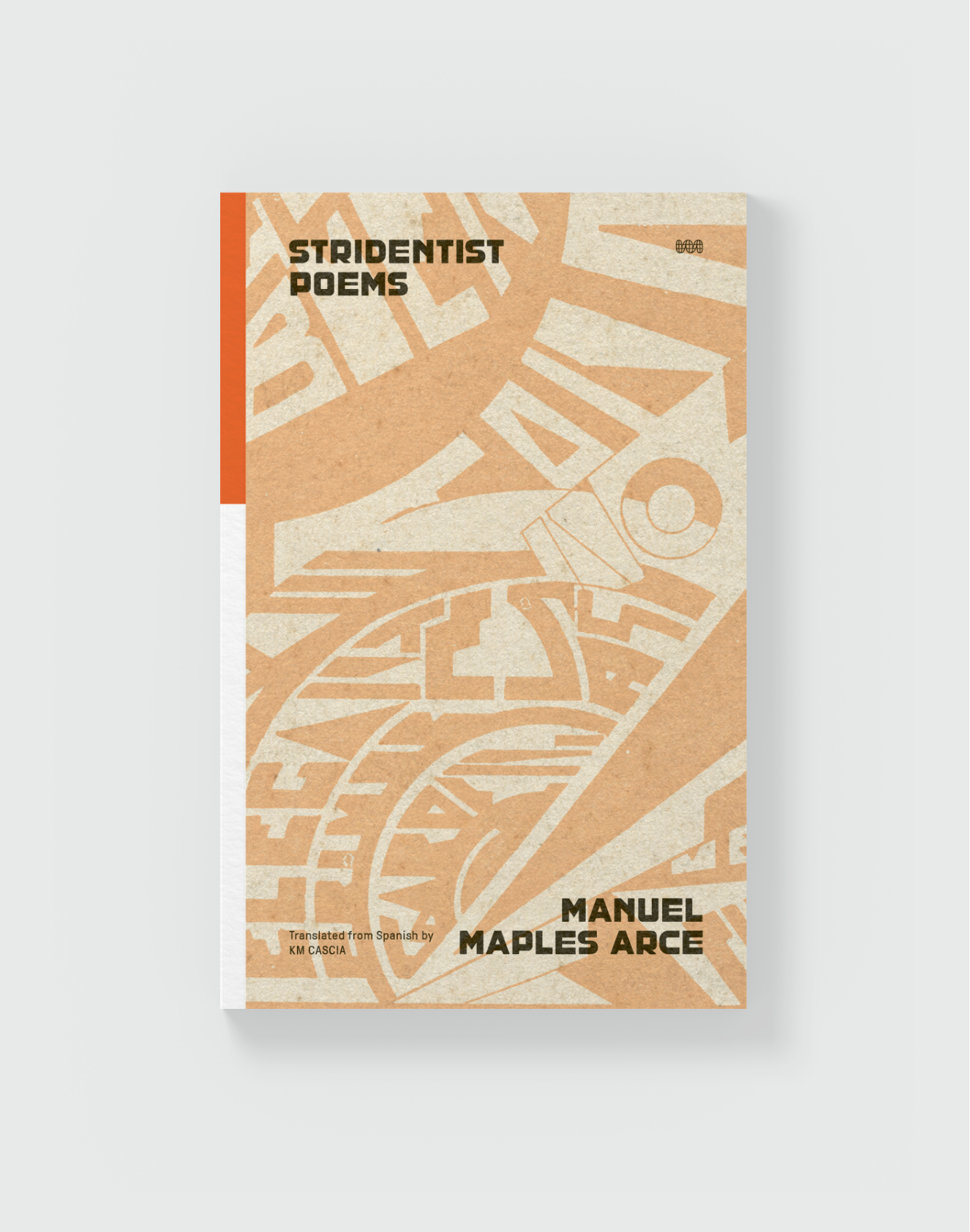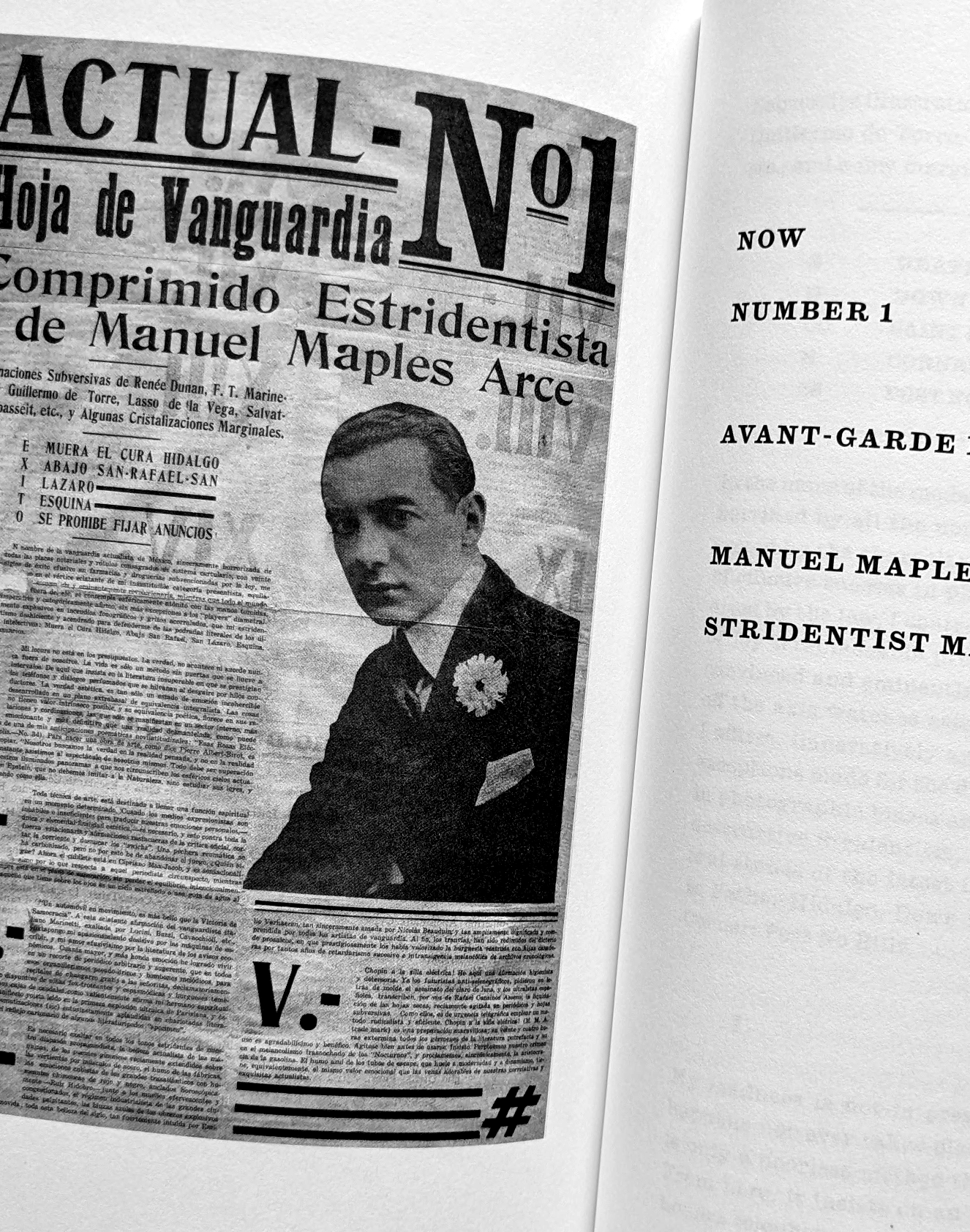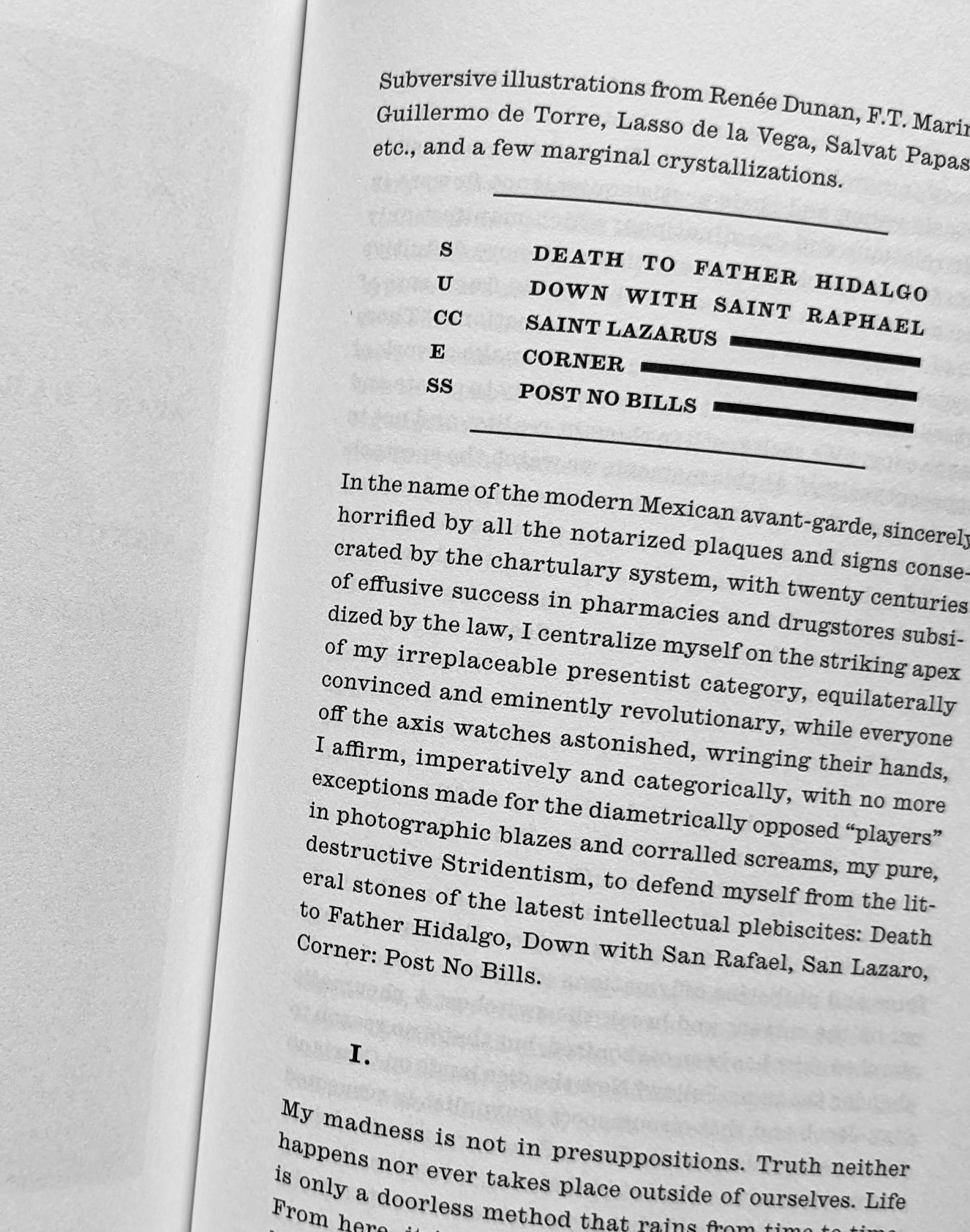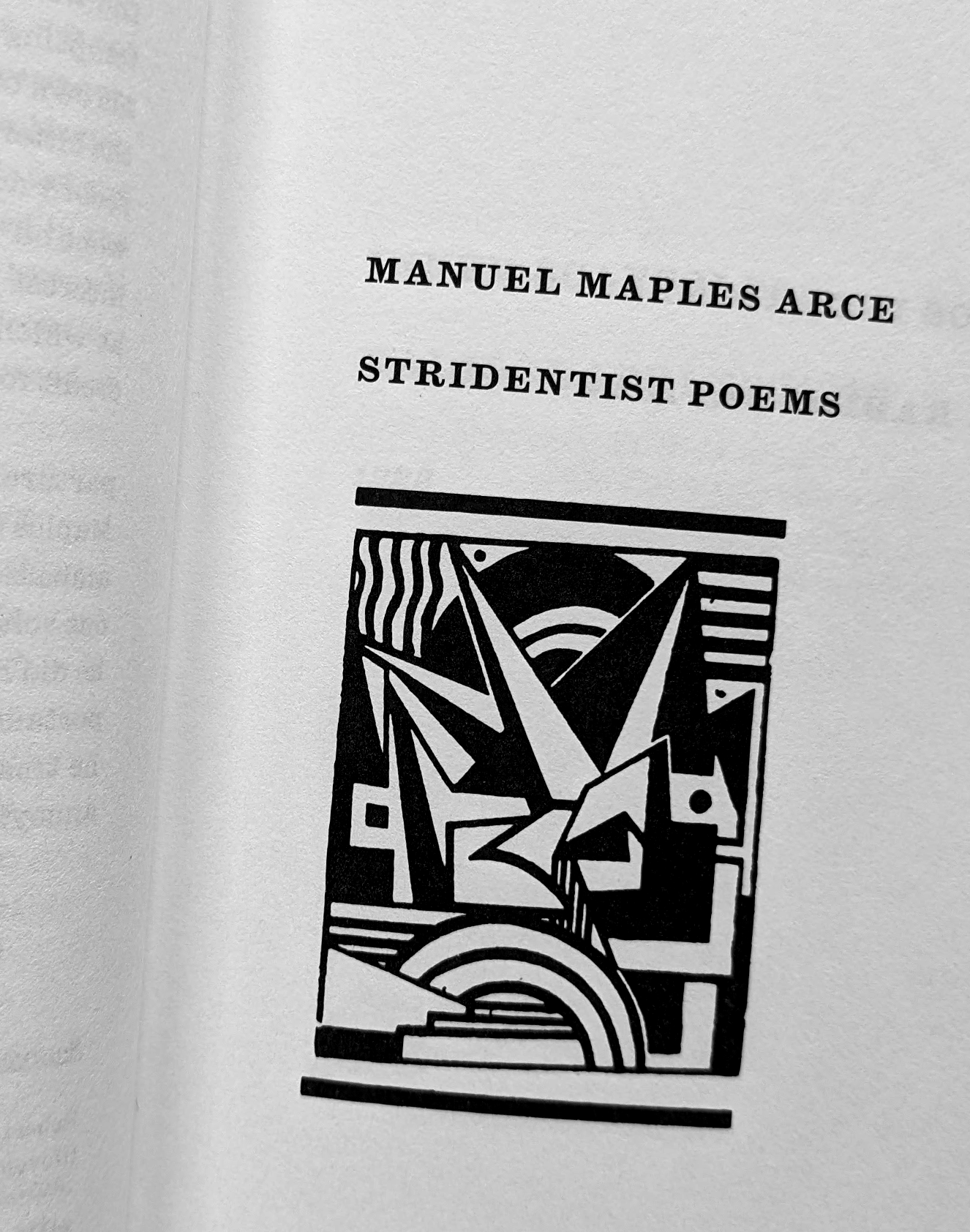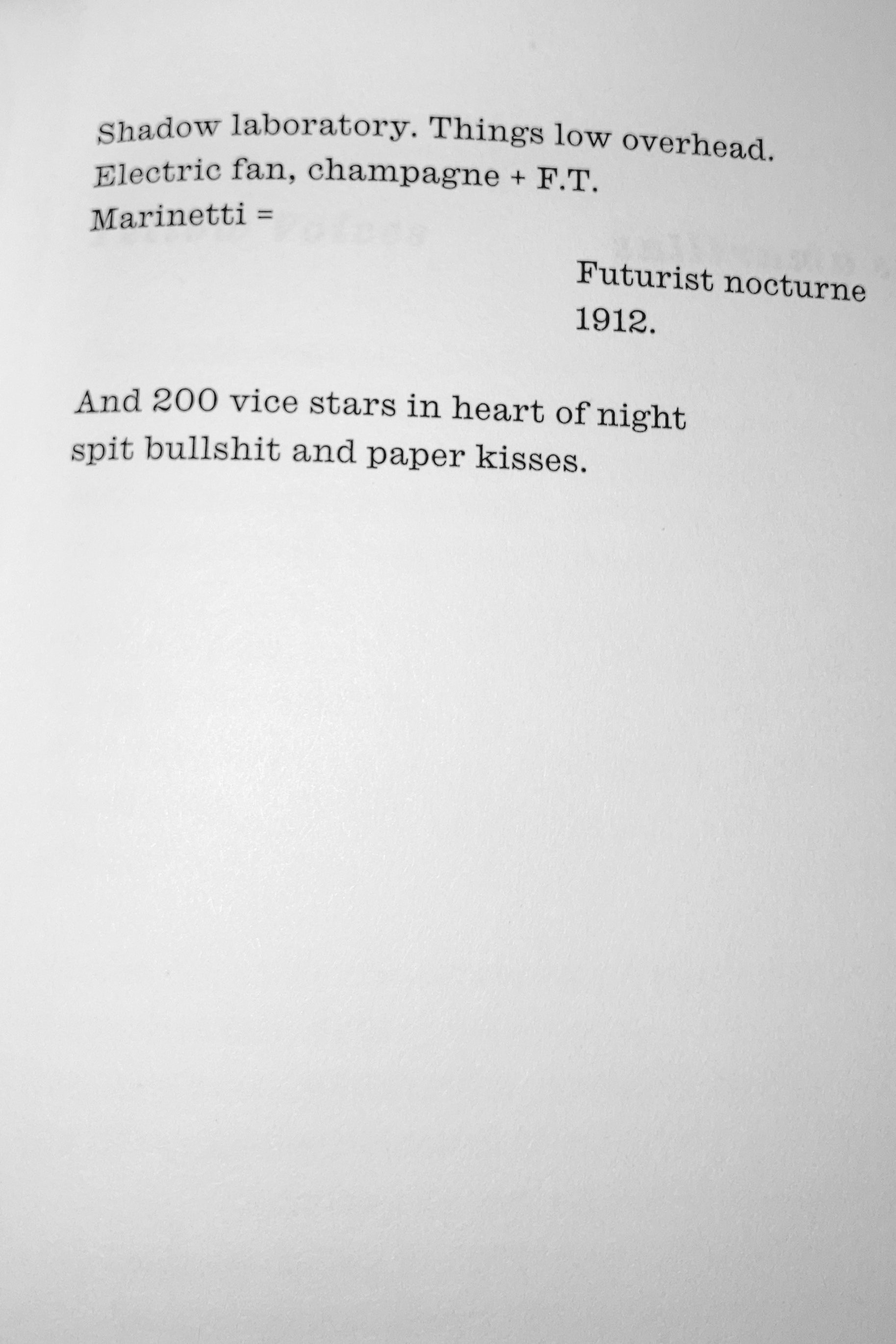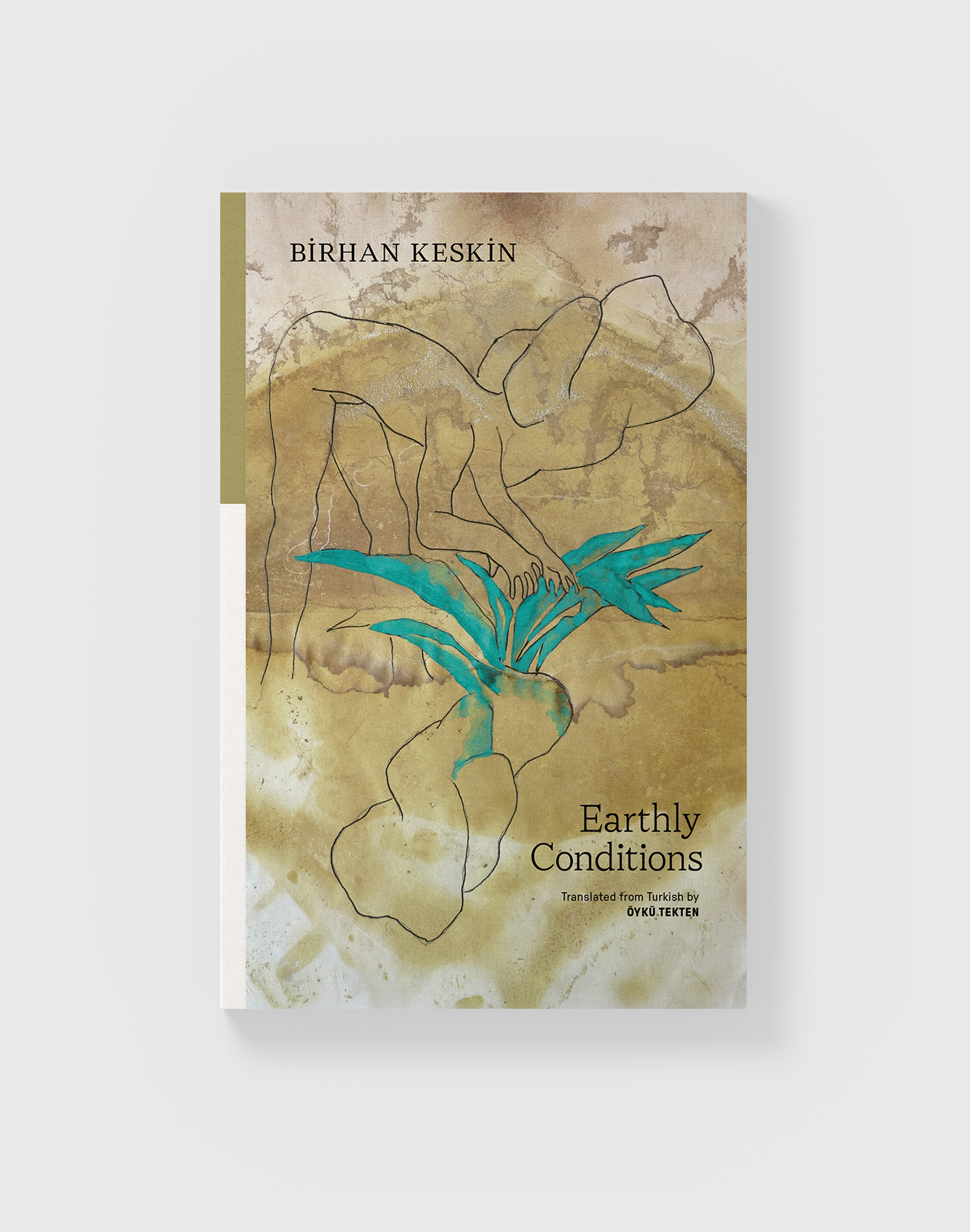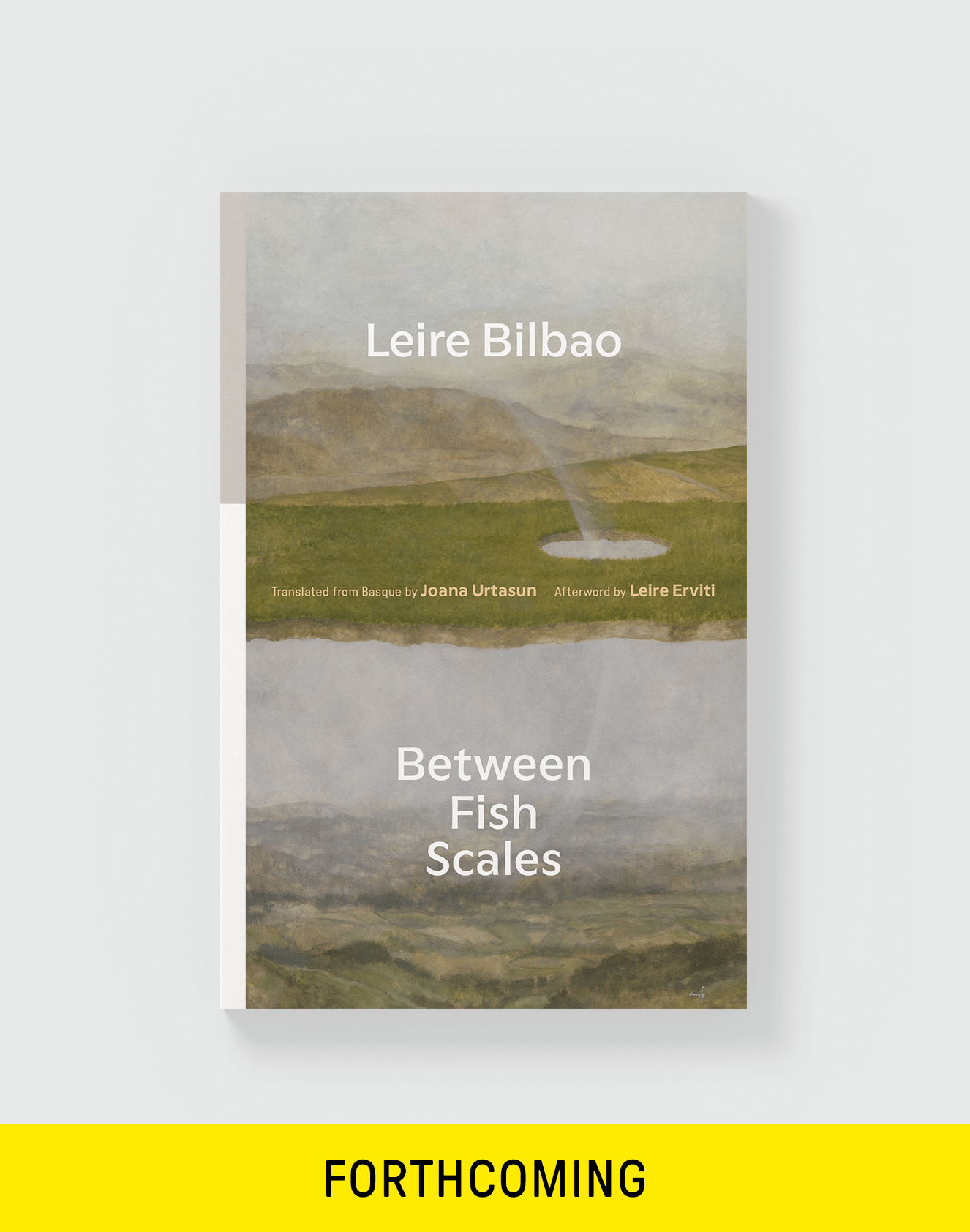Manuel Maples Arce - Stridentist Poems
-
Bilingual Edition
176 pages
February 15, 2023
ISBN 978-1-954218-11-6
Distributed by Asterism (US) and Turnaround Publisher Services (UK & EU)
Manuel Maples Arce
Stridentist Poems
Translated from Spanish by
KM CASCIA
Stridentist Poems is a complete bilingual edition of the major early works of Manuel Maples Arce, founder of Stridentism, Mexico’s most radical avant-garde movement of the 1920s.
Maples Arce’s Stridentist poetry appeared at a time when Mexico was the center of the avant-garde, in a milieu that included Kahlo and Rivera, Modotti and Weston. His early books—Inner Scaffolds, CITY, and Prohibited Poems, collected here along with his first Manifesto—advanced the Stridentist program for a revolutionary poetry with increasingly refined precision. Made of the reaction between the poet’s material reality and subjective emotional experience, his poems were meant to send "Chopin to the electric chair!"
“Maples Arce appears, passing out molotov cocktails to girls, waving to twenty-eight year old revolutionary generals from a speeding motorcycle, listening to Jazz with his stomach while military trains unload the wounded, telling poetry, From now on your name's Adventure.” —Roberto Bolaño
“KM Cascia’s versions of these mercurial poems capture the velocity of their pulse and the breadth of their postrevolutionary ambitions, enthralled with airplanes as much as writing machines (typewriters in Spanish). The bravado of Stridentism’s inaugural manifesto might be impossible to match, but that’s the mark of Maples Arce’s utopianism and of his works’ avant-garde cred: ‘Chopin to the electric chair! … is a marvelous preparation; in twenty-four hours it exterminates all the germs of a putrefied literature and its use is so very agreeable and beneficial. Shake well before using.’ Of his savvy, here is the proof: ‘Trademark M.M.A.’” —Mónica de la Torre
“Hydrogen airships, electric roses, motorcycles, detector tubes, and telegraphy… These are the ground and horizon for Manuel Maples Arce in poems whose ‘interior scaffolds’ corroborated the social conditions of Mexico’s postrevolutionary unrest. With an infectious gusto for this material, KM Cascia perfectly renders the ‘agitprop-style fabulism’ of Maples Arce’s poetic personality in these commensurately dynamic translations. Maples Arce appears in English today as a timely challenge to contemporary U.S. imperial politics and domestic literary complacency.” —Roberto Tejada
“It is impossible to form a comprehensive picture of the literary revolutions that transformed twentieth-century poetry in the Américas and Europe without Stridentism. KM Cascia’s finely attuned translations present English-language readers, at long last, with access to the work of Manuel Maples Arce, founder of Stridentism and mythic point of origin for post-war experimental writers including Roberto Bolaño, Mario Santiago Papasquiaro, and Jorge Pimentel.” —Cole Heinowitz
“Maples Arce moves from parody to imitation, surrealist anthropomorphism, earnest yearning, and finally to tag-lining and sloganeering in the breadth of a stanza.” —Terrence Arjoon, The Poetry Project Newsletter
“Finally a good bilingual compilation of one of the founders of Mexico’s great and unique avant-garde cultures, Estridentismo!” —John M. Bennett, Aludus Society Notes
MANUEL MAPLES ARCE (1900–1981), the first avant-garde poet in Mexico, led the Stridentist movement with a barrage of manifestos, promotional savvy, and three books of the era’s most radical poetry. Born in Papantla, Veracruz, he studied law in the city of Veracruz and Mexico City, where, in his early twenties, he published the first Stridentist manifesto and followed it with several poetry collections. In 1925, he returned to Xalapa to serve in the revolutionary government of Vera Cruz, and used his position to turn the city into a center of revolutionary art, attracting artists from throughout Mexico and the world. When the Vera Cruz government was deposed in 1927, his artistic community scattered and Maples entered the foreign service, serving in numerous foreign diplomatic posts. Though he later abandoned both the politics and the Stridentist poetry of his youth, his major works of the period, Andamios interiores (1922), Urbe: superpoema bolchevique en cinco cantos (1924), and Poemas interdictos (1927) remain key texts of the twentieth-century avant-garde.
KM CASCIA, fka Brandon Holmquest, was born in Michigan City, Indiana. Leaving school at 17, they lived in Chicago, Philadelphia, and New York at various times. Formerly an editor of the translation journals Calque and Asymptote, they are also the author of two collections of poems, Goethe and Days, as well as numerous translations published in small outlets on- and offline, such as Apiary, Circumference, and Anomalous.
PRESS
Reviewed by David Alberto Fernández for Beltway Poetry Quarterly
Reviewed by Zach Savich for Green Linden Press
Reviewed by Terrence Arjoon for The Poetry Project Newsletter
